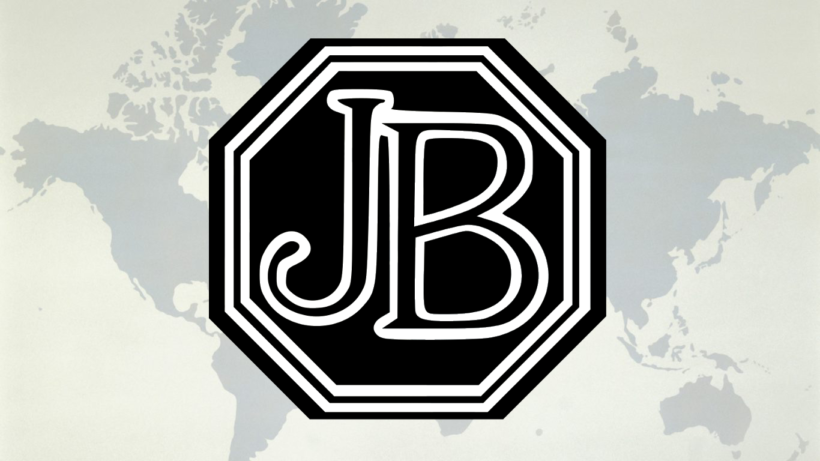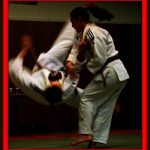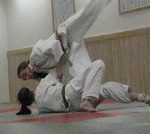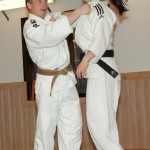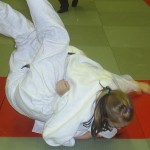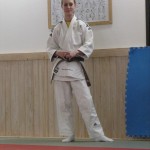This post I have written only from my own perspective and is not written or correct description from either page, book or any other person. Comments and thoughts are welcome, however, regardless.
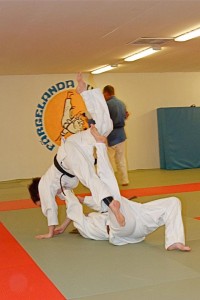
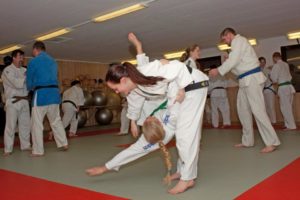 Uke: “The judoka that is thrown” is apparently the only meaning I find when I seek answers. Most people know about what Uke means and does for something. And when you’re Tori, you throw your uke in different moments and performances. But what more then?
Uke: “The judoka that is thrown” is apparently the only meaning I find when I seek answers. Most people know about what Uke means and does for something. And when you’re Tori, you throw your uke in different moments and performances. But what more then?
What’s more that makes Uke’s situation more interesting than just a name on your training partner?
I began to think about this and began to think about the exercises over the years. What I first think of when I’m going to make a technique is like Tori, to be able to perform it well and correct in any age, size, young and old. And the thoughts go on a high lap when training the closet with each other. Year in and year in. However, it becomes so clear the difference that is being made of a throw when you have a “good” uke, noticed immediately.
Why is that why and why can it make such a big difference?
In young years, this thought was not really what a good uke is more than to let his friend throw one on the training. You just drove on and did not think so much, when you got a good throw, you were just fond of that kind. It’s not until later in years to reflect on it.
My role as a uke
It is said to be a role that almost sounds a bit appealing to set up for their training partner, however, this companion to me. Especially in Kata, this role becomes even more important and crucial to the final result. Previously nobody wanted to be shown on extensive reviews, but nowadays we are almost bothering the club about who will be a uke for our coach, which is a good sign. Attending a practice praises his training partner and shares this moment between each other. Whether driving with any younger / smaller or older / wiser, it facilitates communication and helping each other succeed. Practicing with different types of judokas will help you learn more and you can be right as there is a few Aha experience for a throw.
Most times I have heard that I am a good uke and I have recently started wondering why that’s just the same and what I’m doing differently. What I do and think a good uke should do is:
- Placement of feet – Uke stands shoulder tray slightly wider than usual to facilitate, for example at inner leg or the similar
- Body arrest – You stretch and while still stable, when the other is pulls his uke against him, but not too stressed at the throwing moment
- Foot Movement – When moving, you make it firm and not soft in your thighs and knees
- Balance – Keeping your body and balance as you move makes it easier for your training partner, but do not stand too much on the heel but rather more tilt on the front of the foot
- Keeping your eyes straight, looking at what Tori does makes your attitude and balance unconscious
Less importance among young people
For some judokas, they do not matter in this. At least not yet and I have seen that primarily in child groups, but also some examples in adult groups. Having difficulty standing neither straight nor stable when they are uke to their training partner or sometimes even fall by themselves. Sometimes it depends on laziness, impatience or simply fear of being thrown and trusting his friend. As a coach, one can not do more in the first place for children’s education, pointing out how best to get a uke. Hopefully, this will come to them over time.
Uke in Kata
Being a uke in this situation really puts you to the test. To land correctly, move and move according to the pattern as well as to memorize the order, execution, attack and landing of the different throw. When rolling up and remaining in landing. A monotonous exercise through the various series from start to finish, from Rei to Rei. Between me and my brother in our previous training before 1 Dan October 2011, it was mainly me who needed training in the role of Uke. The smallest small angle wrong, so I did not get into the rolls or I did not stop when I rolled up to the stagnant. I thought they were very hard and when you got to hit one throw, the other fussed that worked out of the way
To first drive Nage No Kata as uke, first part for part, right and left and then manage to do right when doing the whole series at once, I call it training. But at least we did both of them on the graduation, where at the same time both Uke and Tori were at each other, it made it more advanced. But we were approved, though I have never been so overwhelmed throughout my life and did a little bit of things, so it was nice when that day was over.
Uke in competition
In this moment, I find that there are more ways for a uke to exist than in Kata and on training: In competition. Imagine the situation of a judge that you compete against your opponent and sooner or later in these few minutes you will either be tori or uke as a result. What I learned during the last years I competed was really appreciated when I was thrown on a really nice Ippon throw. It was a happy feeling and I felt respect to my opponent, something that some may feel at the longer up in the ages you compete and train.
Certainly I’ve felt disappointed when you’ve lost that time since you started competing, they have been so. But I have never felt the frustration that others may have, to hit the carpet with the fist, cruel and look mad when you bend and barely thank the other for the match. It’s bad for me that you can not hold my respect and respect his opponent.
It was just so much easier to think “She was better than me today”. This may also mean that I have never had any pressure on me to win or I have to take a medal from either a family or a club. It was just doing its best and seeing how far it took me. And I’m very pleased with my results to never ever had a goal or really invested in really systematically winning home gold medals.
What I found after this post is to be a uke is not a waste of time but so much more than that. As much as the role of Tori teaches you and develops you like judoka, you do the same by being a uke. You learn to understand the movements of the body and how best to reach the solution in the closet.
Do you hope that readers appreciated my post and end with these words:
My personal terms for the Uke:
- Respect
- Joy
- Helpfulness
- Communication
- Learning
- Humility
- Wisdom
/Eleonor Borg-Hansen

